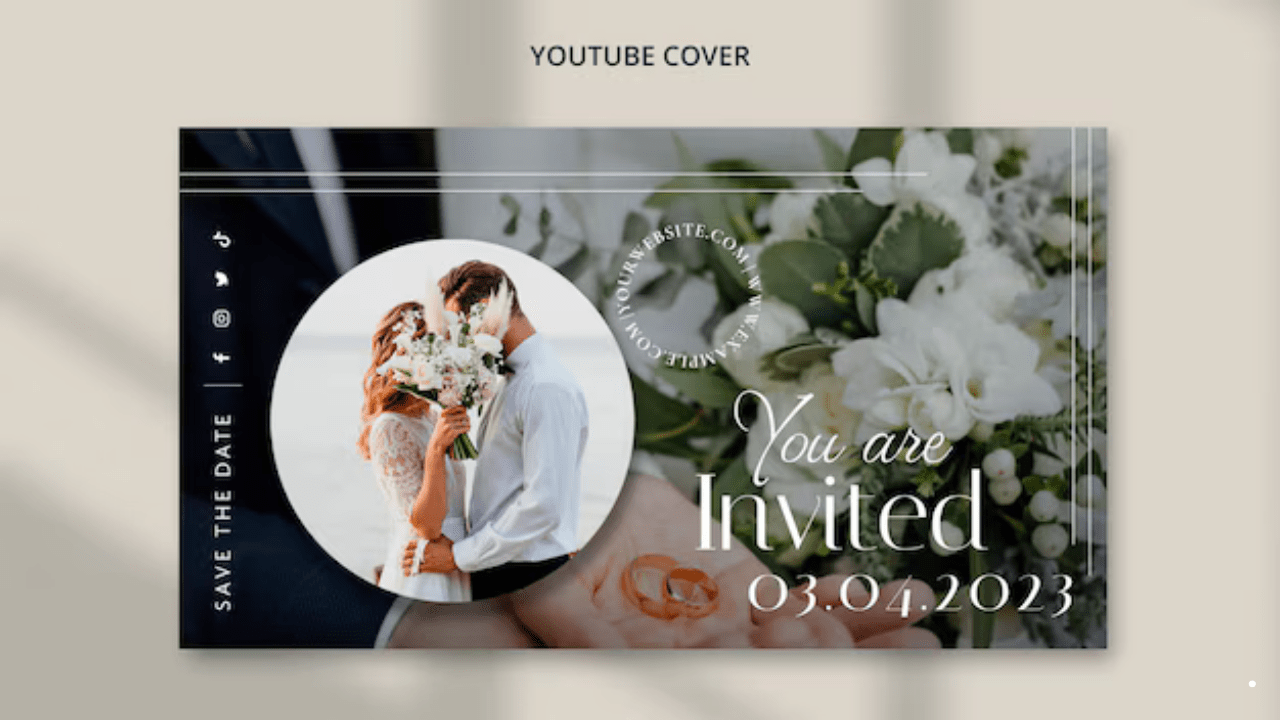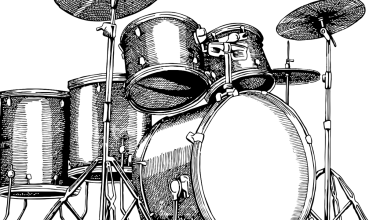An album cover page design is more than just a pretty picture—it’s the visual representation of your music. It’s the first thing potential listeners see, and it plays a critical role in grabbing their attention. A compelling album cover can evoke emotions, communicate your artistic vision, and set the tone for your music.
In this blog, we’ll explore the elements of great album cover design, tips to create your own, and examples of iconic covers that have stood the test of time.
The Elements of an Outstanding Album Cover Page Design
Creating a memorable album cover requires attention to detail and an understanding of key design elements:
1. Visual Storytelling
Your album cover should reflect the themes and emotions of your music. Whether it’s bold and abstract or soft and minimalist, the design should tell a story.
2. Typography
The font you choose for the album title and artist name matters. It should complement the overall design while being easy to read.
3. Color Scheme
Colors set the mood. Bright and bold colors can evoke energy, while muted tones suggest introspection.
4. Imagery
High-quality images, illustrations, or patterns are essential. The imagery should be relevant to your music and resonate with your audience.
Tools for Designing Your Album Cover Page
You don’t need to be a professional graphic designer to create an impressive album cover. Here are some tools to help you get started:
- Canva: User-friendly with pre-made templates for album covers.
- Adobe Photoshop: Offers advanced editing features for a custom design.
- Figma: Great for collaborative design projects.
- Placeit: Provides music-specific templates and mockups.
- GIMP: A free alternative for professional-level editing.
These tools offer a range of options for both beginners and experienced designers.
Steps to Create an Album Cover Page Design
Follow these steps to craft a stunning album cover:
Step 1: Understand Your Music
Before designing, analyze your album’s themes and emotions. This will guide the visual direction of your cover.
Step 2: Choose a Concept
Decide on a central idea or motif for your design. For example, a love album might feature soft hues and romantic imagery, while an electronic album might lean towards futuristic visuals.
Step 3: Sketch Your Design
Start with rough sketches to brainstorm ideas. This helps you visualize the layout, typography, and imagery.
Step 4: Use Design Tools
Bring your concept to life using a tool like Canva or Photoshop. Experiment with fonts, colors, and effects to achieve your desired look.
Step 5: Test and Refine
Show your design to friends or collaborators for feedback. Refine the details based on their input.
Trends in Album Cover Page Design
Staying updated with design trends can help your album stand out. Here are some current trends in album cover design:
- Minimalism: Clean designs with simple typography and bold colors.
- Collage Art: Layering images and textures for a vintage feel.
- Hand-Drawn Elements: Personal, artistic touches through illustrations.
- Retro Aesthetics: Throwback designs inspired by the 70s, 80s, or 90s.
- Bold Typography: Fonts that dominate the design and make a statement.
Incorporating these trends can give your album cover a contemporary edge.
Iconic Album Covers That Inspire
Some album covers are so iconic that they’ve become cultural symbols. Here are a few examples to inspire your design:
- Pink Floyd’s “The Dark Side of the Moon”: A minimalist yet powerful prism design.
- The Beatles’ “Abbey Road”: A simple photo with lasting impact.
- Nirvana’s “Nevermind”: A provocative underwater shot with deep meaning.
- Beyoncé’s “Lemonade”: A visual masterpiece that mirrors the album’s themes.
Studying these covers can provide valuable insights into effective design.
Tips for Creating a Unique Album Cover Page Design
Want your cover to stand out? Follow these tips:
- Be Authentic: Stay true to your music and artistic identity.
- Avoid Clichés: Steer clear of overused elements to maintain originality.
- Invest in Quality: Use high-resolution images and professional design tools.
- Focus on Simplicity: Don’t overcrowd the design; let the key elements shine.
A unique cover ensures your music catches the eye of listeners.
Collaborating with Professionals
If designing isn’t your strength, consider working with a professional graphic designer. Here’s how to find the right collaborator:
- Freelance Platforms: Websites like Fiverr and Upwork connect you with skilled designers.
- Social Media: Platforms like Instagram showcase portfolios of talented artists.
- Local Communities: Reach out to art schools or local designers for collaboration.
Professionals can bring your vision to life with precision and creativity.
Why Album Cover Page Design is Crucial for Branding
Your album cover is a vital part of your brand as a musician. It’s what fans see first, whether on a streaming platform or a physical CD. A well-designed cover:
- Attracts Listeners: Eye-catching designs grab attention.
- Communicates Your Style: The design reflects your musical identity.
- Boosts Recognition: Consistent branding across albums builds familiarity.
Investing time and effort into your cover design enhances your overall image.
Future of Album Cover Page Design
As technology evolves, the future of album cover design looks exciting. Here are some trends to watch:
- Interactive Covers: Augmented reality (AR) designs that come to life with a smartphone.
- Dynamic Art: Animated covers for digital platforms.
- NFT Integration: Exclusive cover art sold as NFTs to fans.
These innovations will continue to redefine the possibilities of album cover design.
Closing Thoughts
Your album cover page design is more than just an image—it’s a statement about your music and artistry. Whether you’re an emerging artist or an established musician, creating a compelling cover is essential for standing out in today’s competitive music landscape.
Related Articles:
For further reading, explore these related articles:
- Beach Reads: Dive Into the Perfect Summer Escapes
- What Kind of Music Do You Like? Exploring Personal Preferences
For additional resources on music marketing and distribution, visit Deliver My Tune.





